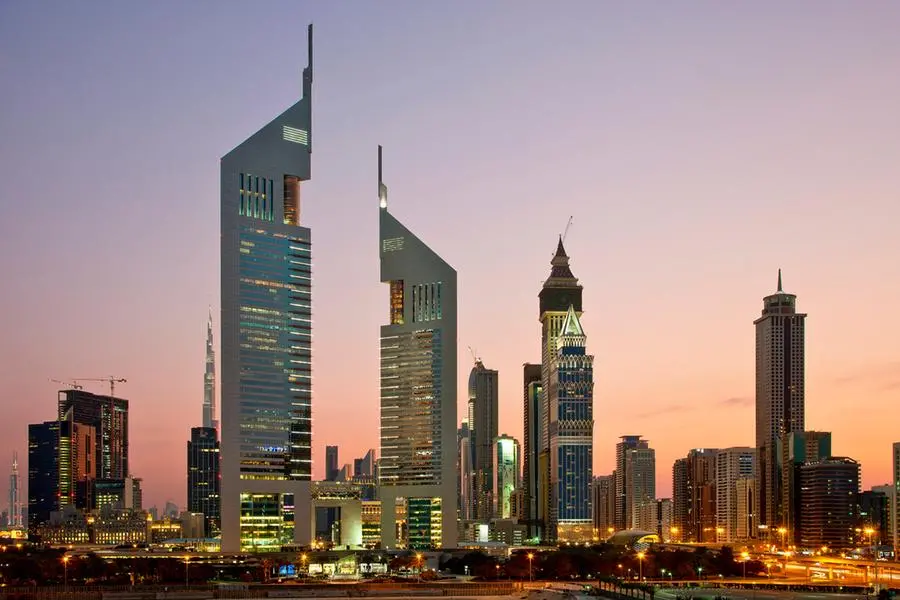PHOTO
Dubai has retained its lead in the Middle East and North Africa region in the 2023 Global Cities Index (GCI), placed at 23rd on the list, global management firm Kearney said in a new report.
While Dubai has dropped one rank since the previous year’s ranking, Abu Dhabi has climbed 10 points to take the 66th position on the index.
Considerable gains were also made by Riyadh (61st place) and Doha (50th place), which improved their global ranking by nine and seven places, respectively.
The GCI rankings saw the top four rankings unchanged since 2018, with New York taking the top spot, followed by London, Paris, and Tokyo. Beijing rounded off the top five list, with Madrid recording the highest gains amongst the top 25 cities to climb seven points and land in 12th place.
According to the report, the rise of the Middle East region is in line with the global operating environment or emerging hubs, with Gulf nations witnessing major improvements in their overall scores on the index. The report attributes this growth to a substantial increase in the human capital scores of Gulf countries.
Dubai’s drop in rankings in 2023 is being attributed to global trade returning to normalcy after pandemic-suppressed demand spikes over the last two years. ‘The reversion to relative normalcy brought down Middle Eastern cities’ business activity scores slightly from last year,’ the report states, however, regional economic growth has proven strong amid a weaker global environment.
The GCI study measured cities against five key dimensions: human capital, information exchange, cultural experience, political engagement, and business activity. According to the findings, the GCC had an edge due to its concerted focus on talent attraction and neutral geopolitical positioning.
“As global trade returns to normalised levels, key cities in the Gulf have emerged as beacons of prosperity, resilience, and opportunity. Their resilient economic performance amid challenging global conditions, combined with a concerted focus on promoting liveability and talent attraction, has succeeded in drawing ever-greater numbers of expats making them a remarkable success story in the post-pandemic world…,” Rudolph Lohmeyer, Kearney Partner, National Transformation Institute, said in a statement.
The road ahead
The report also saw Abu Dhabi feature on Kearney’s Global Cities Outlook index, which looks at global destinations that are best poised for leadership positions in the future. The UAE capital dropped 18 points from the previous year’s ninth spot to come in at 27th place.
European cities maintained a strong presence in the top 30 rankings, while Asia’s global hubs including Seoul, Osaka, and Chennai made significant strides. In the US, second-tier metropolitan areas performed particularly well, having successfully attracted talent and capital over the turbulent past few years, positioning themselves as increasingly formidable rivals to more established global cities.
“In this shifting global landscape of distributed opportunity, top-tier global cities cannot take their positions for granted. The traditional hierarchy of leading cities will only become more fluid in the future as opportunities for growth and enhanced productivity become less concentrated during the coming waves of AI-driven innovation. Those cities that adopt a regenerative model – one that moves beyond resilience and thinks proactively – will have a competitive advantage,” concludes Brenna Buckstaff, Kearney
Manager, National Transformations Institute.
The top five cities on the GCO Index saw San Franscico climb 13 points from last year to take the top spot in 2023, followed by Copenhagen, London, Luxembourg, and Paris.
(Writing by Bindu Rai, editing by Seban Scaria)





















